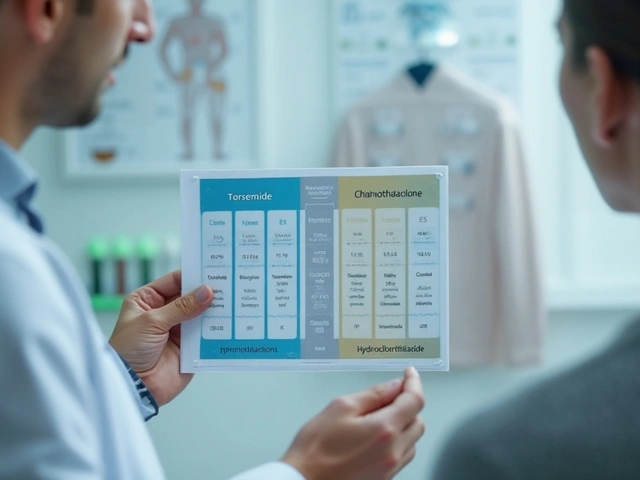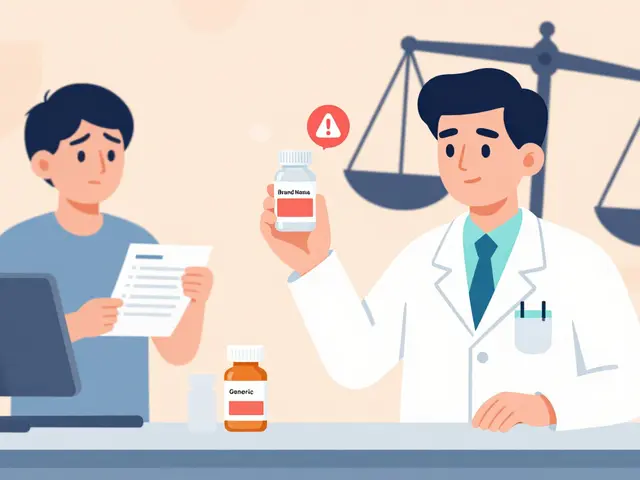Melphalan for Elderly Patients — Sept 2024 Archive
This archive covers our September 2024 article on Melphalan use in older adults. That post examined who might benefit, common risks, and practical steps clinicians and caregivers can take to make treatment safer. You’ll get clear points on dosing, side effects, monitoring needs, and supportive care.
Key takeaways
Melphalan remains a useful chemotherapy agent for several blood cancers and transplants, but older patients need tailored care. Lower starting doses, slow escalation, and regular blood checks cut risk of severe toxicity. Common side effects include nausea, low blood counts, mouth sores, and increased infection risk; most can be managed with standard supportive measures. For frail patients or those with major organ problems, alternative regimens or palliative approaches may be better. Shared decision making matters: discuss goals, expected benefits, and quality of life before starting treatment.
Practical tips
If you are a patient or caregiver, bring a full medication list to every visit. Some over-the-counter drugs and supplements can affect chemotherapy safety. Ask your team about baseline tests for kidney and liver function, and how often blood counts will be checked. Report fevers, unusual bleeding, or severe mouth pain quickly — these can signal dangerous low blood counts. Nutrition and hydration help tolerance; plain protein snacks and small meals during nausea make a real difference. Proton pump inhibitors or antacids should be reviewed with your doctor.
For clinicians, consider geriatric assessment tools to gauge fitness for chemo, and document goals of care. Use growth factor support when guidelines suggest to lower infection risk, and plan early involvement of pharmacy and nutrition services. Adjusting dose by weight and renal function avoids overdosing in smaller, older bodies. Schedule follow-up within a week of the first cycle to catch early toxicities.
This archive entry also highlights real-world examples from clinic practice shared in the September post. One case described an 80-year-old who tolerated a reduced Melphalan regimen with close monitoring and short-term growth factor use, achieving disease control without prolonged hospitalization. Another case showed the risks when baseline kidney function was ignored, resulting in prolonged low blood counts and treatment delay.
If you want to read the full article, it is linked on this page and includes references and practical checklists you can print or save. We aim to make complex choices easier: clear information about likely benefits, usual side effects, and steps that reduce harm. Keep asking questions, bring notes to appointments, and insist on clear follow-up plans. That simple approach often improves outcomes and reduces surprises.
Extra resources and next steps: ask your clinic for a one-page checklist with symptoms to watch and emergency contacts. Consider vaccinating for influenza and pneumococcus before starting therapy if approved by your team. If travel is planned, discuss timing of cycles to avoid immune compromise during trips. Keep a diary of side effects to help your doctor fine-tune doses. When in doubt, prioritize safety; short hospital stays can sometimes prevent worse problems. Talk openly about goals so treatment matches life priorities and daily functioning needs and ask questions.

Safety and Benefits of Melphalan for Elderly Patients: A Thorough Examination
This article explores the safety and effectiveness of Melphalan in elderly patients. Covering its uses, potential side effects, and practical tips for administration, the article aims to provide a clear understanding of Melphalan. Discover interesting facts about how this treatment works and its impact on the elderly population.
View More




